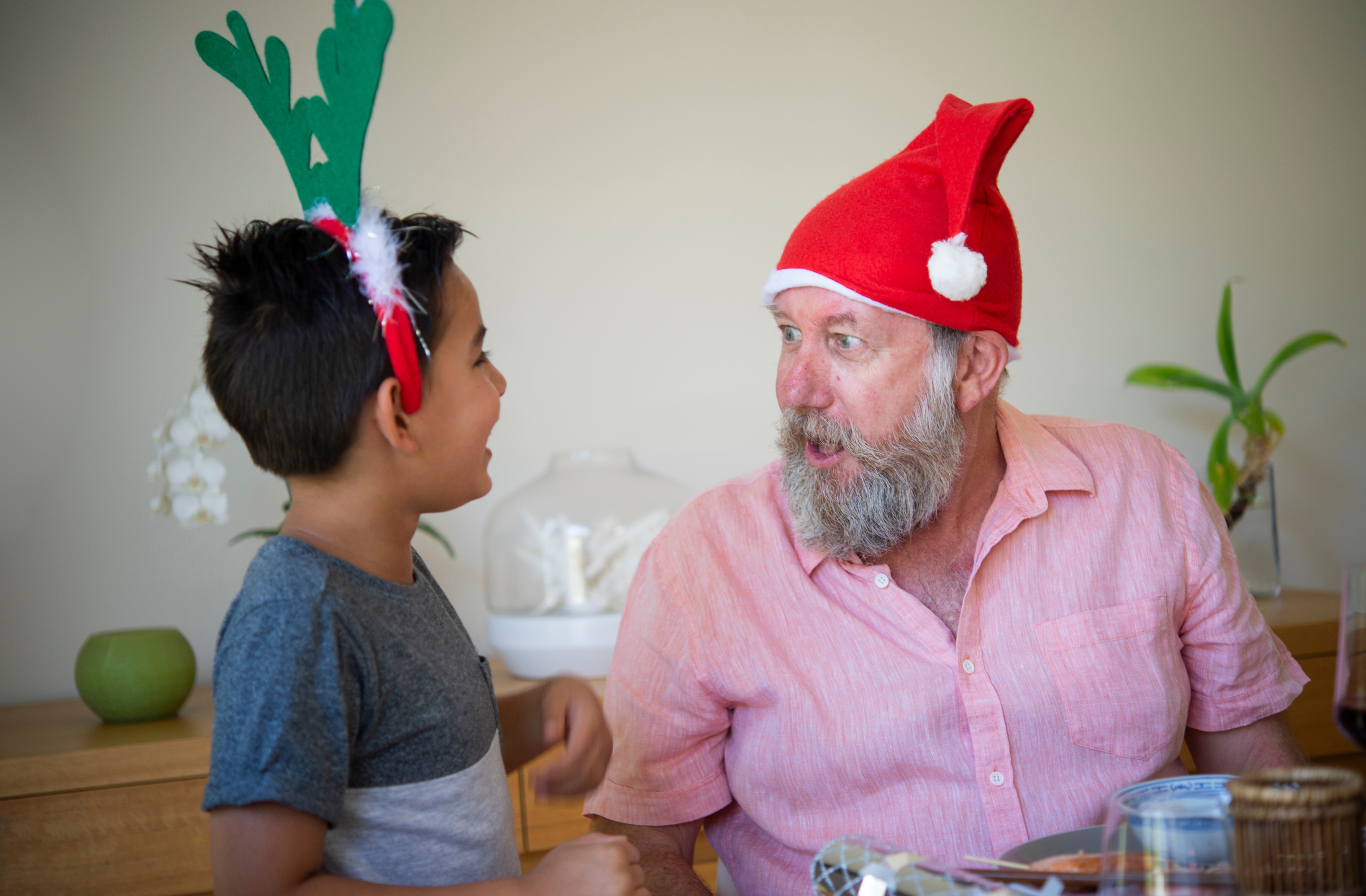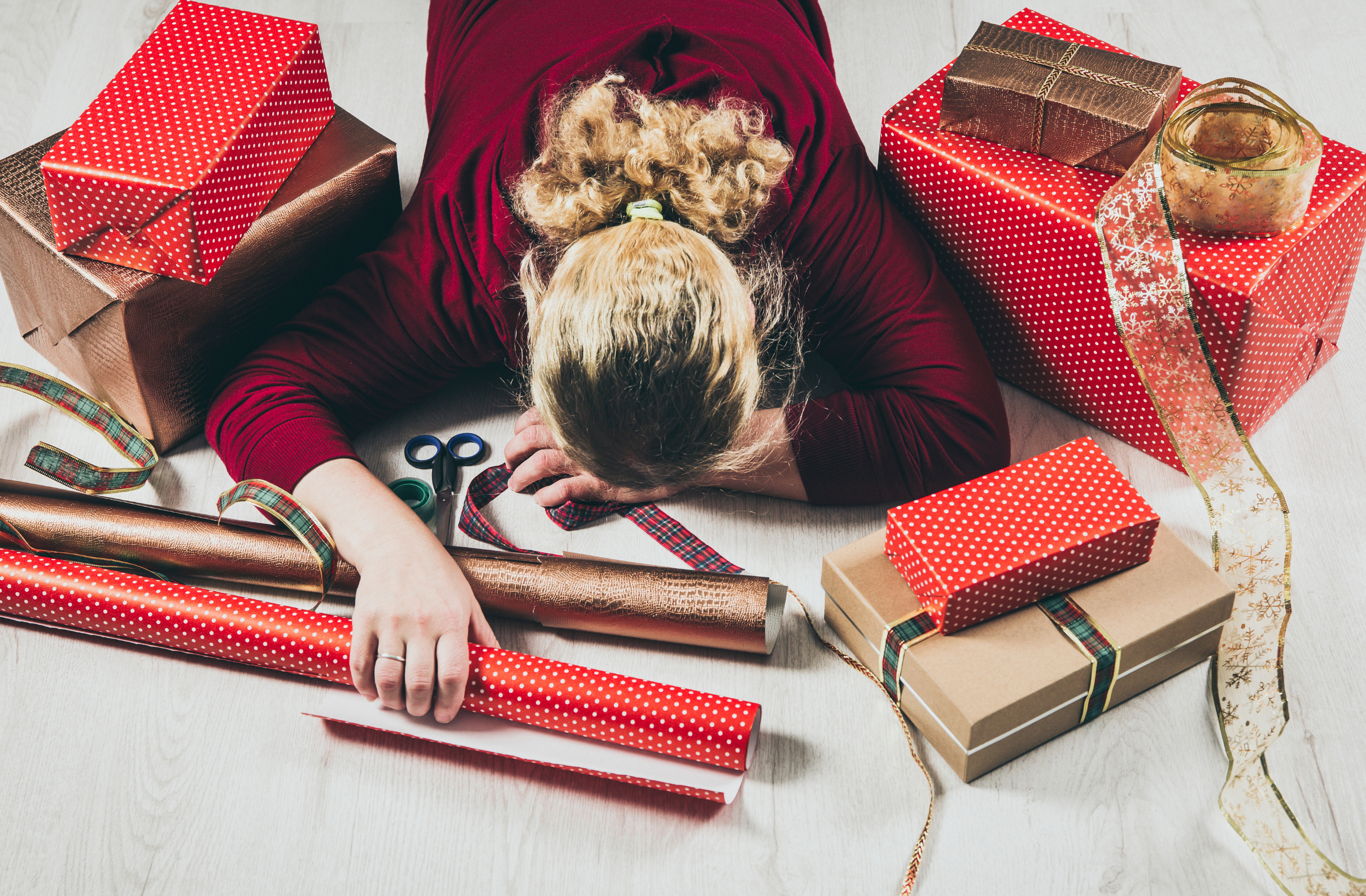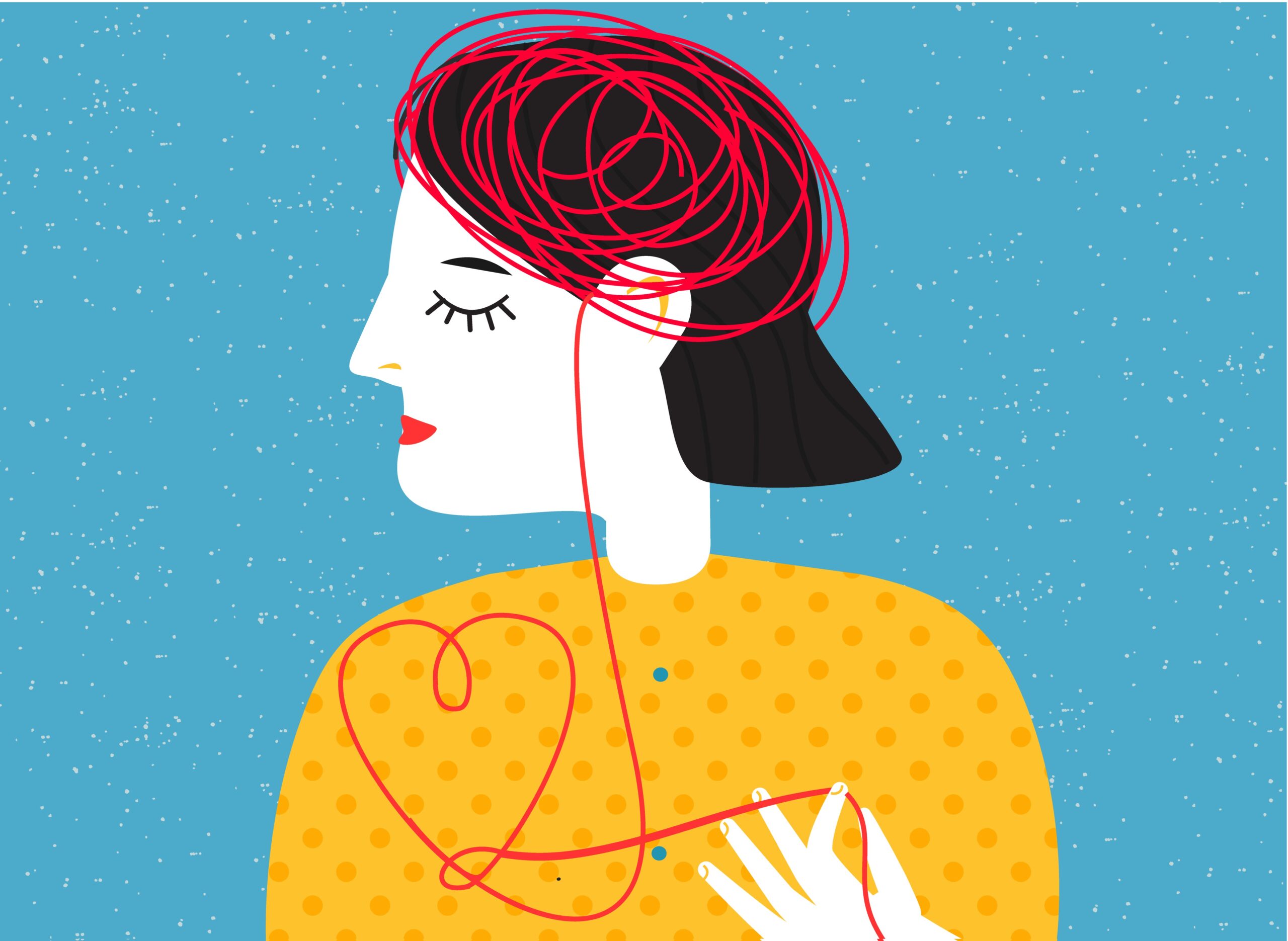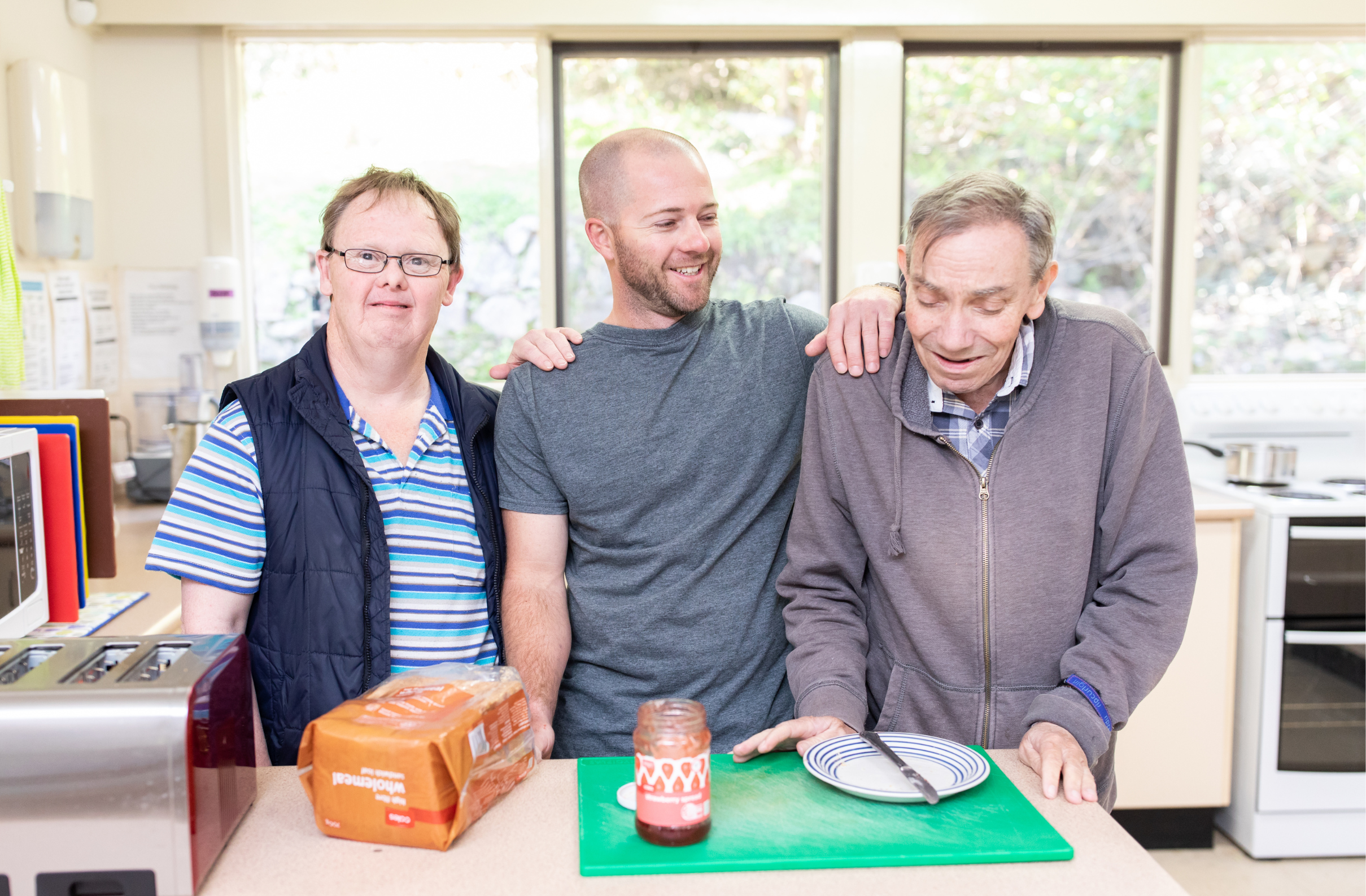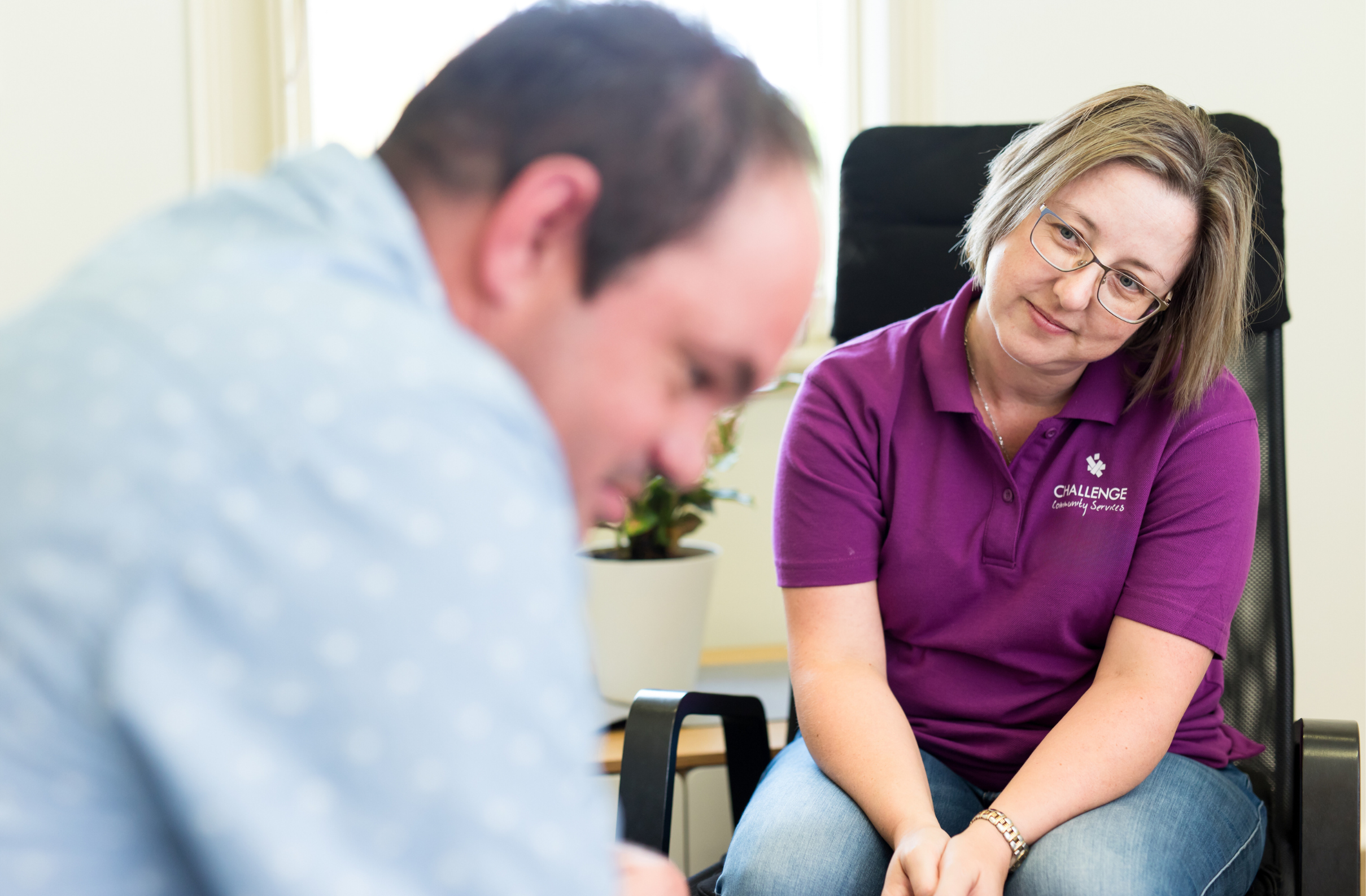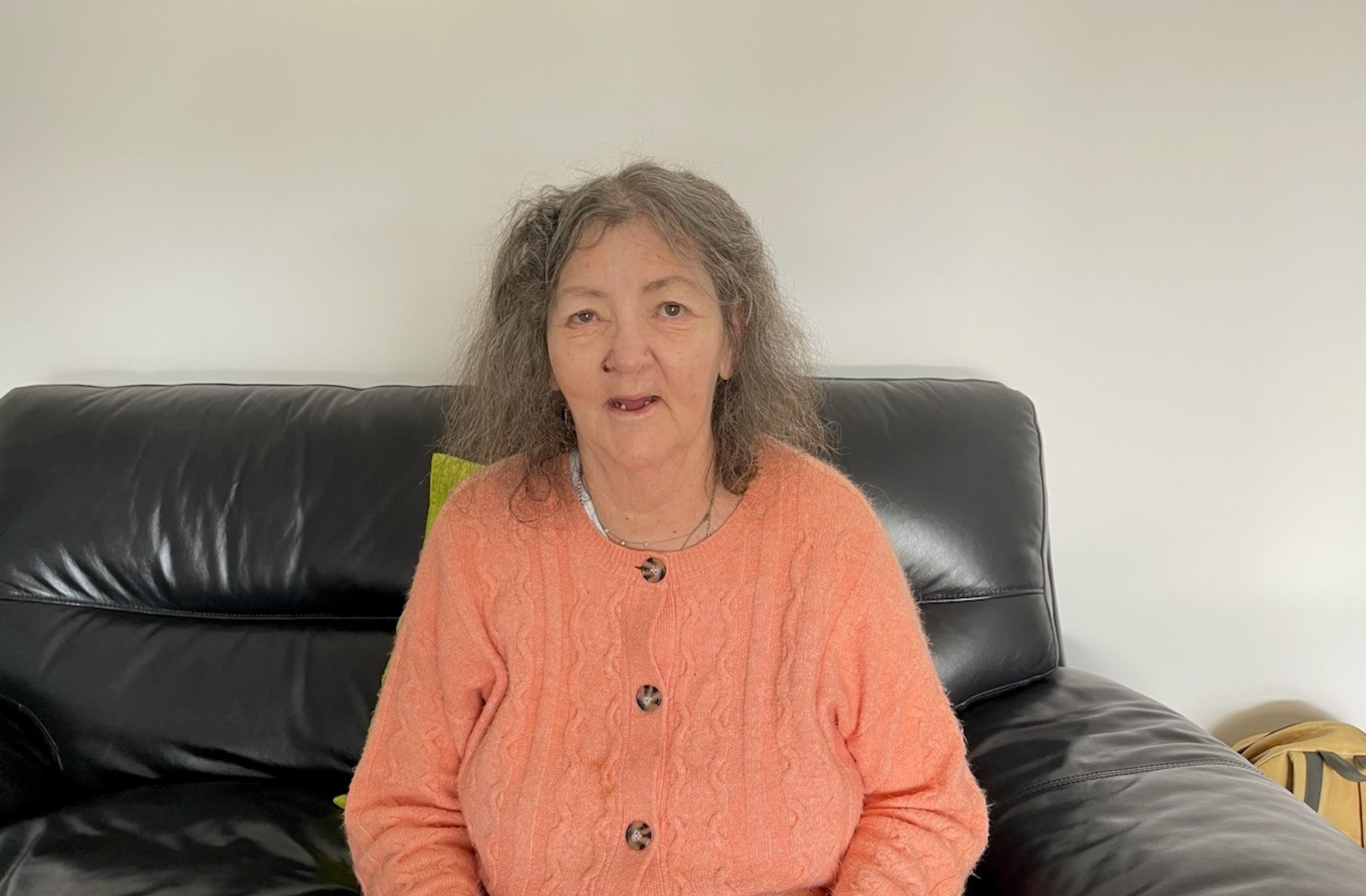It has been twelve months since COVID-19 restrictions were introduced into Australia, changing the way our children were schooled, how we socialised with family and friends, and how we did our grocery shopping.
Borders were closed and holidays were cancelled, indefinitely. With so many rules coming and going in our lives, often at short notice, many of us have felt anxious about making plans for the future.
With uncertainty and loss (of jobs, social avenues, face to face connections, hobbies, sporting activities etc.), we’ve seen a rise in people experiencing anxiety and depression in the past year.
Even with the rollout of vaccines and easing of restrictions in Australia, scientists predict COVID will be part of our lives for many years to come.
So, how do we return to some form of ‘normality’ and how do we make plans for the future at an everchanging time?
For those of you who have felt anxious or depressed during COVID, we’d like to share our top five tips for coping with uncertainty.
1. Emotional Self-Care
Self-care is easily dismissed- especially by parents and carers- due to lack of time. If you don’t look after your own mental health, being emotionally available for family and friends is a real struggle.
When we talk about self-care, it’s not just bubble baths and massages (although if this is your idea of relaxation, then go for it!). Really, it’s about finding something that helps regulate your emotions.
It’s something that makes you feel centred and calm. It may be swimming in the ocean, going for a bushwalk, gardening, playing sport or something as simple as reading a book.
Learning how to recognise the physiological symptoms of anxiety (for example, shortness of breath, increased heart rate, shaking and dizziness) and practicing slow breathing is a form of self-care that helps you feel more in control of the anxiety.
Try breathing in through your nose for the count of three, hold for the count of three, and slowly breathe out through your nose for three.
2. Routine
At a time when our day to day lives can be unpredictable (think state lockdowns and last-minute travel restrictions etc.), we can quickly feel overwhelmed.
When you feel as if you don’t have control over a situation, you may feel angry, frustrated or helpless.
What can minimise those feelings is switching your mindset to control what’s within your limits. A daily routine is one of those things within your control.
This comes down to bedtime routines, showering, meal times and other regular rituals such as Saturday movie nights.
Routines make some elements of daily life predictable and help us feel safe and secure. You can also include little rewards for yourself to look forward to if you are homebound for the day.
3. Take time out from worrying
This means taking a break from the news. Give yourself an allocated time to get updates on what is relevant (for example, any changes in restrictions or rules) and then switch it off.
Turn off notifications on your mobile phone. In fact, do this for all news and social media outlets as it can help reduce anxiety from the constant barrage of information. It also puts you in control of what information you allow into your lives.
Sensationalism and misinformation can be anxiety-inducing, so be sure to choose a reputable news source.
If ruminating on a topic is disrupting your ability to complete tasks, try writing down the concerns and addressing them a few hours later to see if they are still as overwhelming.
4. Have a backup plan
If you’re planning a children’s birthday party, a holiday or something else that has the potential to change at the last minute, then have a backup plan.
Ensure you have insurance on your travel plans or another option for a smaller social gathering if needed.
Remember, we’re all in the same boat when it comes to these restrictions, so you’re not going to offend anyone if plans do change.
Be creative with your approach to holidays. You could have a family campout in the backyard or do a house swap for a weekend with friends.
Don’t be too hard on yourself when things don’t go to plan. Engage in self-compassion during this time. Think about what you would say to a friend who is struggling and try to provide that same self-talk to yourself.
5. Stay Connected
People with anxiety and/ or depression often withdraw from support when they need it the most. This may be due to feelings of shame, fear or helplessness.
‘A problem shared is a problem halved’ – when you talk to external supports such as friends, colleagues or family members it can help you release some of your worries, give you a new perspective on a situation and it also helps to feel less alone.
If you don’t have a trusted person to talk to, know that you aren’t alone if you have these feelings, and professional support is available.
Being connected with other people has its benefits but so too does being connected with nature.
Having your hands in soil, standing barefoot on grass, or going for a bushwalk can help calm the nervous system and ground you back in the present moment.
If you’re feeling concerned about your mental health, then help is available. Contact Lifeline on 13 11 14.
Do you need help with anxiety or depression?
At Challenge Allied Health, our experienced psychologists work with people to understand and manage their anxiety and/ or depression. Find out more about our therapeutic supports, or give us a call on 1800 795 441 or enquire here.





